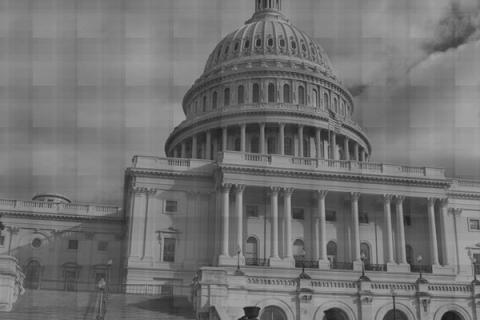With only a couple of days left to reach an agreement on the fiscal cliff, many Americans are inviting politicians in D.C. to put their differences aside and avoid the spending cuts and tax hikes that will likely lead the U.S. back to recession. This week, a surprising voice joined the movement: Starbucks. The coffee multinational has invited its baristas in DC to write "Come Together" on every cup of coffee.
Howard Schultz, CEO of Starbucks, believes Starbucks has "an opportunity—and I believe a responsibility—to use our company’s scale for good by sending a respectful and optimistic message to our elected officials to come together and reach common ground on this important issue."
Starbucks's support for a solution that would mitigate the country's first austerity cure, as laudable as it may appear, is seen as very ironic from the other side of the Atlantic.
https://twitter.com/HenryBTam/status/283971132846120962
Starbucks has, for the past month, been in the midst of a scandal in the UK after it was revealed the company had only paid $13.8 million in corporate income taxes since its establishment in Her Majesty's kingdom in 1998. Indeed, despite having made $4.8 billion in sales over that period, the company says it has only made profit one year, thus benefiting from major tax cuts.
Can remaining on a market without profit for 14 years be justified only by the company's mission to convert Britain's tea drinkers to coffee lovers? Rather, the absence of profit by the UK branch is attributed to tax avoidance techniques. Starbucks UK accomplished this by buying the coffee from a Starbucks subsidiary in Swizerland, paying large royalties to another subsidiary in the Netherlands, and taking loans from the U.S. parent company at a rate of 2 points superiors to the current market.
These tax avoidance techniques, used not only by Starbucks but also by internet giants like Google and Amazon, have become the target of Britain's lawmakers. Indeed the Public Account Committee questioned executives from these three companies in November to ask for explanations about their low or nonexistent taxes in Britain. Faced with a large deficit, Englad has been enforcing the most austere budget cuts in decades, with tax avoidance costing the UK more than $51.5 billion in revenues in the 2011-2012 alone.
Starbucks UK recently caved under the pressure of dozens of protests organized across the UK, and made an unprecedented commitment to volunteer to the British taxman around $16 million a year more than required for 2013-14.
But the issue of tax avoidance is not limited to the UK. Since opening its first store in 2004, Starbucks companies in France have experienced a similar scenario. The company reports it has yet to make any profit there, despite growing sales from $6 million in 2o04 to $96 million in 2011. And the strategy has been used around the world, as Starbucks is making 23% of its earnings internationally but is only paying 6% of its total taxes abroad.
Starbucks' CEO concluded his "Come Together" letter by stating:
"We all have the power to come together and make a difference during every season of the year."
Countries stricken by austerity measures around Europe where Starbucks does not pay taxes would certainly agree that its time we "come together."

